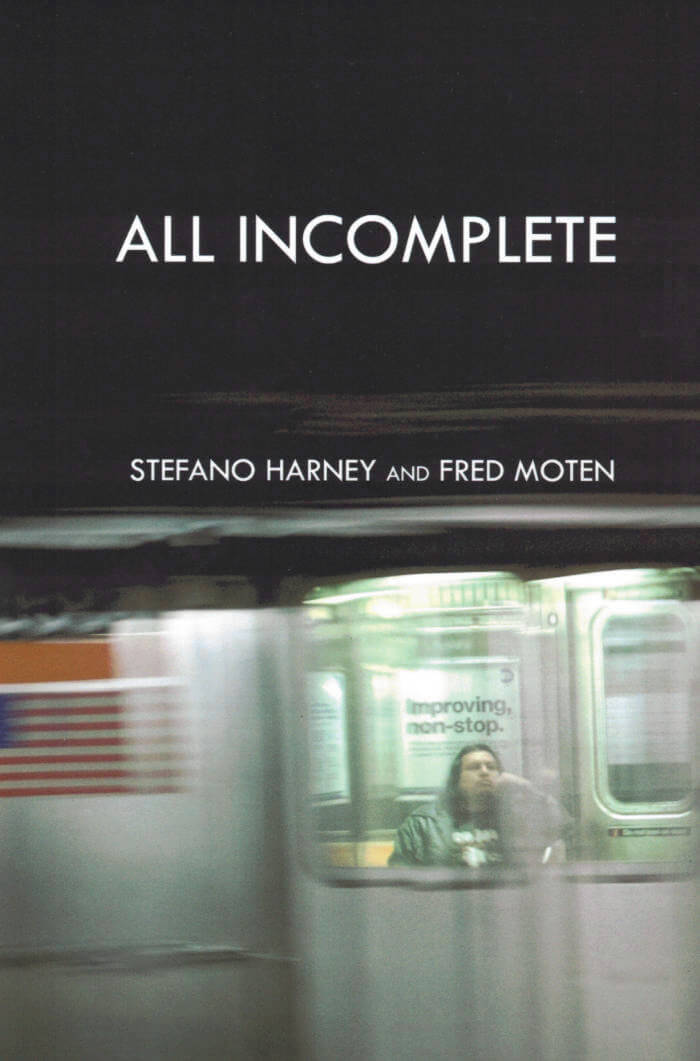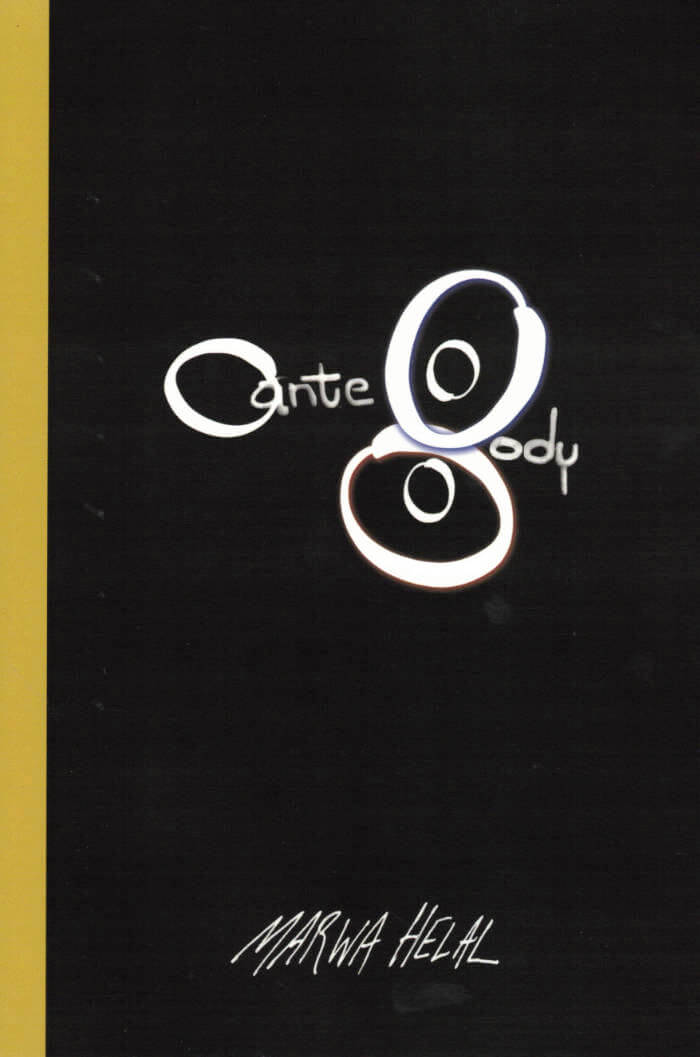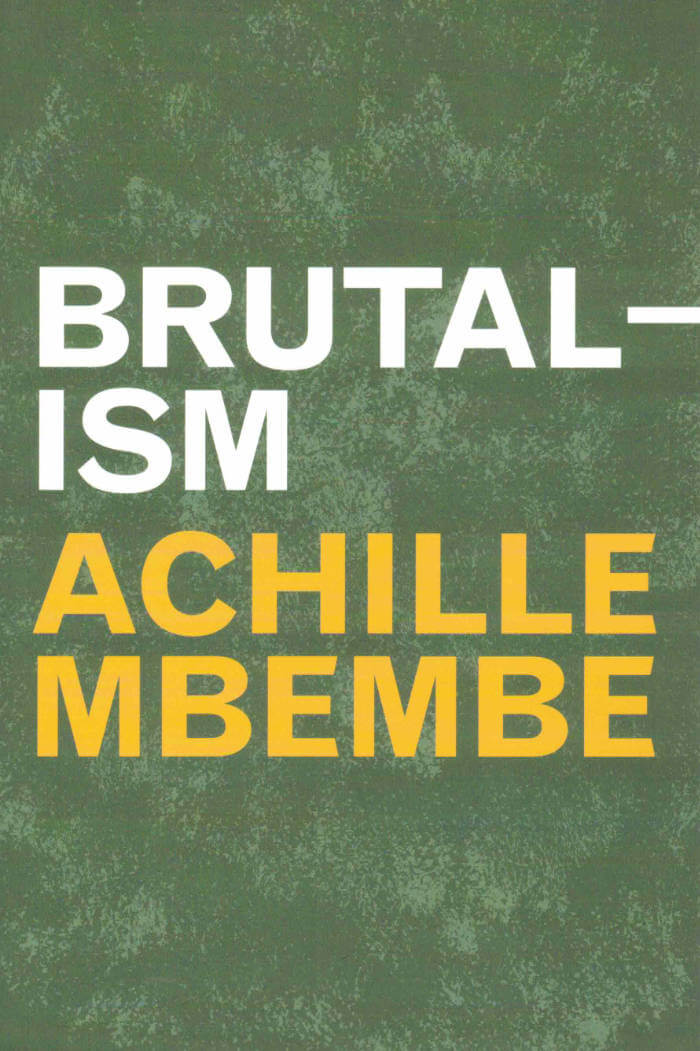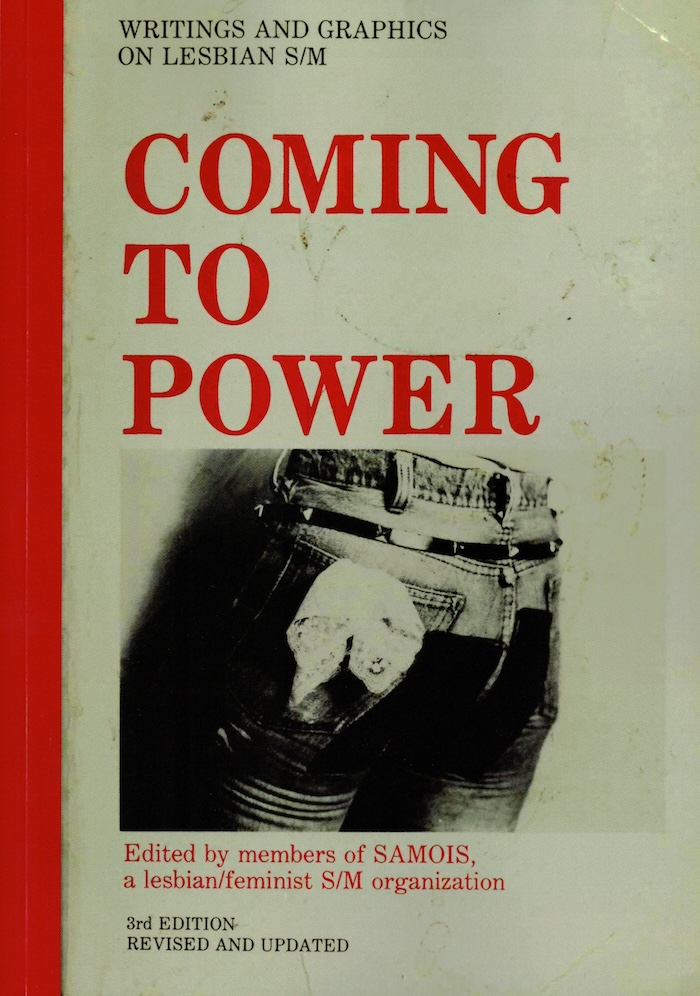An extensive and comprehensive polyphonic exploration of the work of The Otolith Group, coming at a pivotal point in their practice.
The work of this London-based artist's collective comprised of Anjalika Sagar and Kodwo Eshun covers politics of race and diversity and incorporates film making and post-lens-based essayistic aesthetics that explore the temporal anomalies, anthropic inversions, and synthetic alienation of the posthuman, the inhuman, the non-human, and the complexity of the environmental conditions of life we all face.
Presenting all bodies of work contained in the Xenogenesis exhibition, this publication includes many materials and graphics from The Otolith Group's broader practice, including performance, lecture and research material. The outcome of over four years of collaboration, research and conversation, the publication is not a chronological exhibition catalogue or retrospective but a cross-section of their work which includes substantial contributions from the artists themselves, in the form of writing and direct engagement with its production.
The publication also brings together important thinkers, scholars, art historians and writers from disparate fields, who know and have worked with the group, as well as those who are writing from a contemporary perspective. They include Denise Ferreira da Silva, Annie Fletcher, Anselm Franke, Shanay Jhaveri, George E. Lewis, Mahan Moalemi, Fred Moten, Grant Watson, Vivian Ziherl and the late Mark Fisher each of whom reflect on a particular aspect of the Group's practice with supplementary materials such as archival images, documented conversations, early lecture performances as well as other accompanying texts and examinations of their research sites.








